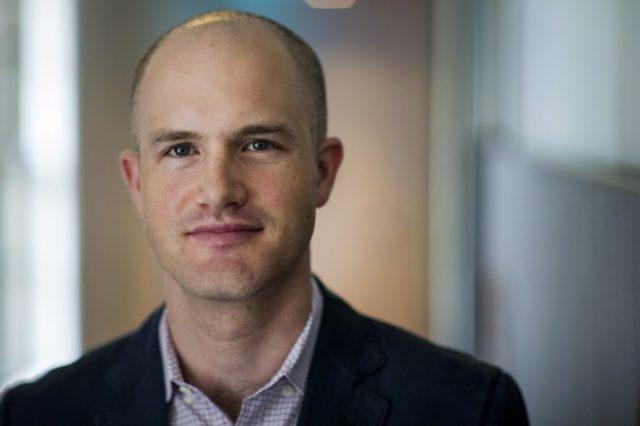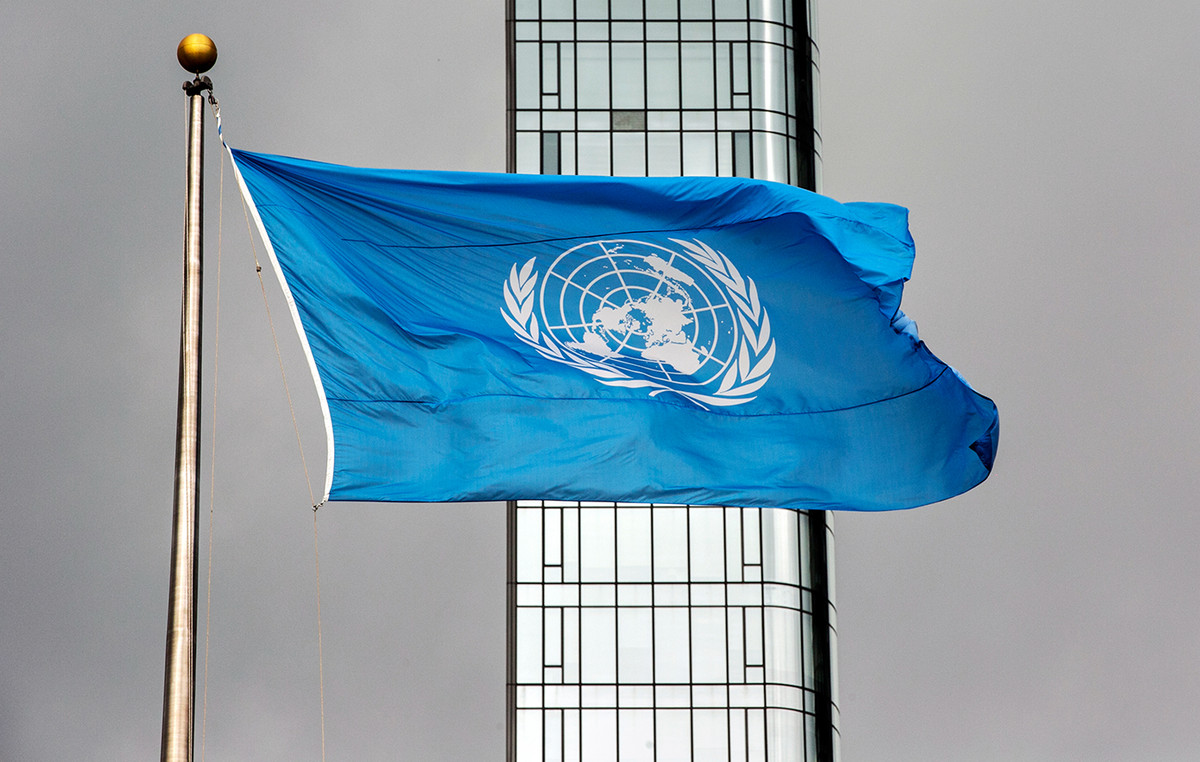Lawyers for entities and parties to the process spoke out this Wednesday (18) in the trial that discusses the validity of the legal obligation of the property separation regime in the marriage of people over 70 years of age.
After the speeches, the analysis was suspended and the ministers’ votes will be presented in another session, with no date yet set.
The separation between the days for demonstrations and votes is an initiative of the President of the Court, Minister Roberto Barroso.
The idea is to allow ministers to take the arguments of the parties into account in their votes.
This is because, currently, magistrates generally already have their votes ready for judgment. Under the proposal, the Court will be able to hear the statements of those involved in the cases before debating and judging the case.
The Supreme Court will inaugurate this new format in a process in which it is discussed whether the rule of the Civil Code that establishes the regime of separation of property in the marriage of a person over 70 years of age is constitutional.
The process in question involves a widow’s request for the general regime of partial community of property to be applied to her stable union, as no regime had been agreed upon in the relationship. The union began when her partner was 72 years old.
The process that will be discussed has general repercussions, that is, what the STF decides will serve as the basis for all similar cases in all instances of Justice.
Manifestations
Speaking for the man’s heirs, lawyer Heraldo Garcia Vitta defended the validity of the rule. He said the device was a legitimate option of the legislator.
“It’s just one issue, there’s no focus on capacity, it’s legitimacy. Interference by the legislator in the proven law,” he stated.
Vitta said that the stable union under discussion lasted twelve years and began after the death of his first wife, to whom the man was married for 51 years. He highlighted that the widow “will not be destitute” because, in the process of collecting assets, almost R$1 million was allocated to her.
Speaking for the Brazilian Institute of Family Law (IBDFam), lawyer Maria Luiza Cruz said that the Civil Code rule “hurts to death” the dignity of the human person, as it is prejudiced.
“It’s as if at the age of 70 I can’t have the capacity to exercise and in fact. This capacity is impaired at the age of 70.”
The Attorney General of the Public Ministry of São Paulo, Mário Luiz Sarrubbo, defended the unconstitutionality of the rule. He highlighted the aging of the Brazilian population in recent decades and the increase in Brazilian life expectancy as factors to be taken into consideration in the trial.
“The imposed restriction reflects, in our sense, the predominantly patrimonial aspect that permeated private law at the time”, he stated. “The rule is not sustainable, because it implies an absolute presumption of the incapacity of a septuagenarian person to perform certain acts.”
Lawyer Regina Tavares da Silva, representing the Family and Succession Law Association, defended the validity of the ruling.
For her, defending the rule serves the well-being of the elderly person, and not just the rights of potential heirs.
For the Federal Public Defender’s Office (DPU), Gustavo Zortéa stated that the rule violates the Constitution.
“There is an absolute presumption of incapacity based on age alone. An age that allows people to occupy any of the most important positions in the Three Powers. The law is establishing an absolute presumption of incapacity, a resounding ageism.”
The case on trial
The property separation regime provides that the assets purchased by each party of the couple before and after the union remain individually owned. It is different from the community of assets, which can be partial (only assets prior to marriage remain individual property) or universal (all assets, before or after the union, become the couple’s property and must be shared equally if there is separation). .
In the legal dispute over the case on trial, the widow achieved a victory in the first instance of justice. At the time, the separation of assets regime was removed. The judge understood that the obligation to apply this regime contradicts the principles of human dignity and equality.
Thus, the widow was authorized to participate in sharing the inheritance together with her partner’s children. This decision, however, was reversed in the second instance.
The Court of Justice of São Paulo (TJ-SP) understood that the separation of assets, provided for by law, must be applied and that the rule aims to protect elderly people and their heirs from marriages made for “exclusive patrimonial purposes”.
In an opinion sent to the STF, the then Attorney General of the Republic Augusto Aras defended the maintenance of the legal obligation of the property separation regime for people over 70 years of age.
According to Aras, the format was maintained in the Civil Code with the aim of “discouraging marriages rife with the intention of illicit enrichment, as well as preserving both the well-being of individuals in vulnerable conditions and the assets of their heirs”.
Source: CNN Brasil
I’m James Harper, a highly experienced and accomplished news writer for World Stock Market. I have been writing in the Politics section of the website for over five years, providing readers with up-to-date and insightful information about current events in politics. My work is widely read and respected by many industry professionals as well as laymen.







